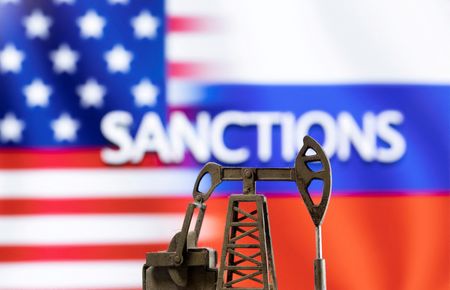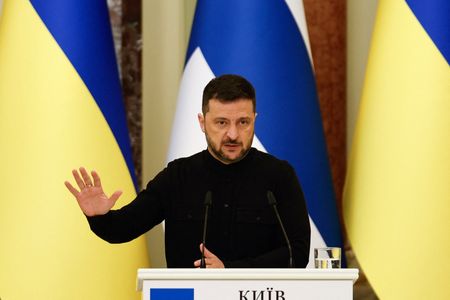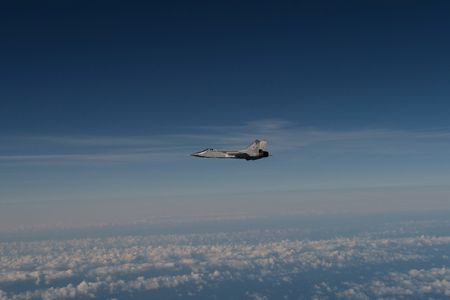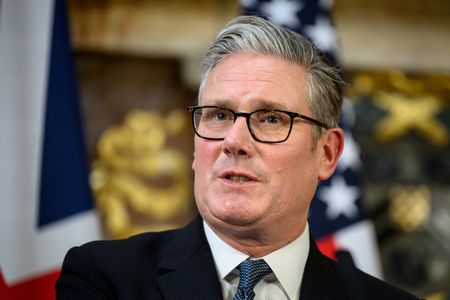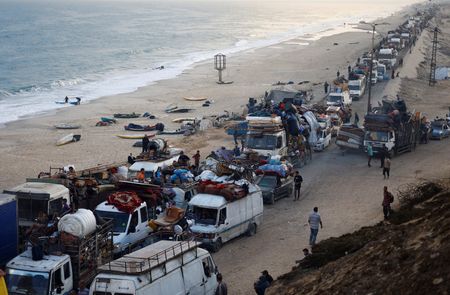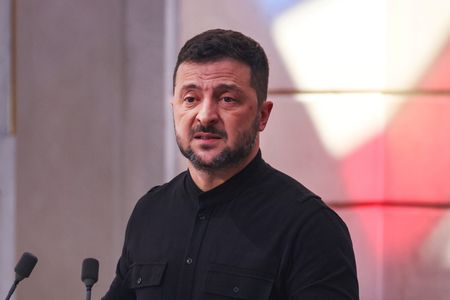By Patricia Zengerle
WASHINGTON (Reuters) – A group of Republican and Democratic U.S. senators introduced legislation on Friday that would expand sanctions against Russian energy, specifically by targeting a collection of older oil tankers the lawmakers say are used to dodge existing U.S. energy sanctions.
The “Sanctioning Harbors and Dodgers of Western Sanctions,” or SHADOW Fleets Act comes as President Donald Trump has said he wants to discourage countries from purchasing Russian oil, which fuels Russia’s economy and helps pay for its war on Ukraine.
The bill is sponsored by Republican Senator Jim Risch of Idaho, the chairman of the Senate Foreign Relations Committee, and Senator Jeanne Shaheen of New Hampshire, the panel’s top Democrat, as well as seven other Republican and Democratic senators.
The bill would target the so-called Shadow Fleet by providing a list of indicators the U.S. can use to identify vessels supporting the Russian fleet, establish strict sanctions liability for any ship that engages in a transfer with a sanctioned vessel.
Among other things, it also sanctions Russian Arctic liquid natural gas projects and new Russian LNG project development. It also would end the Nord Stream II natural gas pipeline to Europe.
The measure also would bring U.S. sanctions more closely into line with those of the European Union. EU officials said on Friday the bloc plans to ban Russian LNG imports a year earlier than envisaged, as part of a 19th package of sanctions against Moscow.
The bill’s prospects were not clear. A separate bill seeking to impose stiff sanctions on Russia, introduced early this year and backed by a large majority of senators, has not advanced, as Congress’ Republican leaders await word from Trump on whether he wants sanctions to go ahead.
As the world reacted to a Russian incursion into Estonian air space that raised fears of increased instability, different groups of senators also introduced separate bills on Friday seeking to boost security in Eastern Europe and use frozen Russian assets to help Ukraine.
(Reporting by Patricia Zengerle; Editing by Marguerita Choy)

